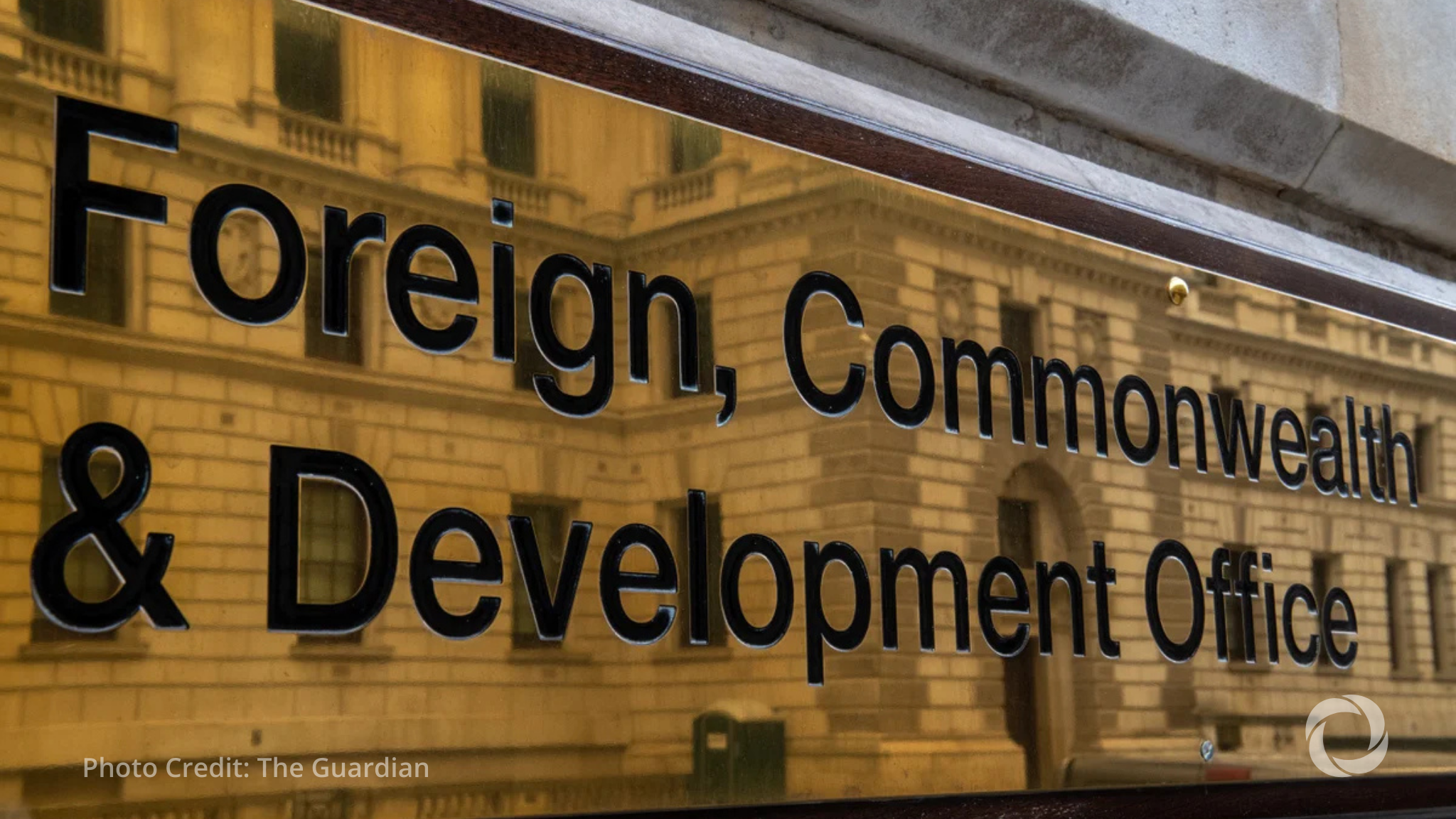The Foreign, Commonwealth & Development Office signed a new agreement with Iraq to speed up deportations of people with no legal right to stay in Britain, part of the government’s push to stop small boat crossings and break up smuggling networks, the organisation announced. Iraqi Deputy Foreign Minister and Head of the Higher Returns Committee visited London this week to finalize the deal with Security Minister Dan Jarvis.
The agreement creates formal processes to return Iraqi nationals quickly while building on existing cooperation between the two countries. Small boat arrivals from Iraq dropped from 2,600 to 1,900 in the past year, suggesting the diplomatic approach is working. The partnership goes beyond migration to include trade, defense, and regional security cooperation.
The UK has been trying different approaches to reduce illegal migration after scrapping the previous government’s Rwanda deportation scheme. Working directly with countries where migrants come from has become a key strategy under Prime Minister Keir Starmer’s government. Iraq represents an important test case because it’s one of the top source countries for people crossing the English Channel in small boats. The two countries already had agreements on border security and organized crime, but this new deal makes deportations more systematic.
The agreement builds on commitments made earlier this year when Iraqi Prime Minister Mohammed Shia Al-Sudani visited London. That meeting produced a trade package worth up to £12.3 billion for UK businesses and £800,000 for law enforcement training and border security projects in Iraq. Security Minister Dan Jarvis, who served in Iraq during his military career, said the partnership shows “serious diplomacy that delivers real results.” The UK also highlighted Iraq’s work to help reintegrate people who get sent back, making returns more sustainable.
Beyond migration, the talks covered regional security issues and the situation in the Middle East, with both countries calling for de-escalation through diplomacy. The UK confirmed its support for infrastructure projects in Iraq and efforts to improve relations between Baghdad and the Kurdistan Regional Government in Erbil. Minister for the Middle East Hamish Falconer said the relationship has “entered a new era” with cooperation across multiple areas.
For humanitarian and migration policy experts, the UK-Iraq deal represents a shift toward upstream cooperation rather than just border enforcement. The government says it returned over 35,000 people in its first year – a 14 percent increase from the previous year. New laws also allow immediate deportation of foreign criminals from prison and expand the “Deport First, Appeal Later” scheme from 8 to 23 countries. The approach reflects growing emphasis on diplomatic solutions to migration challenges, though critics question whether returns agreements address root causes of displacement.

